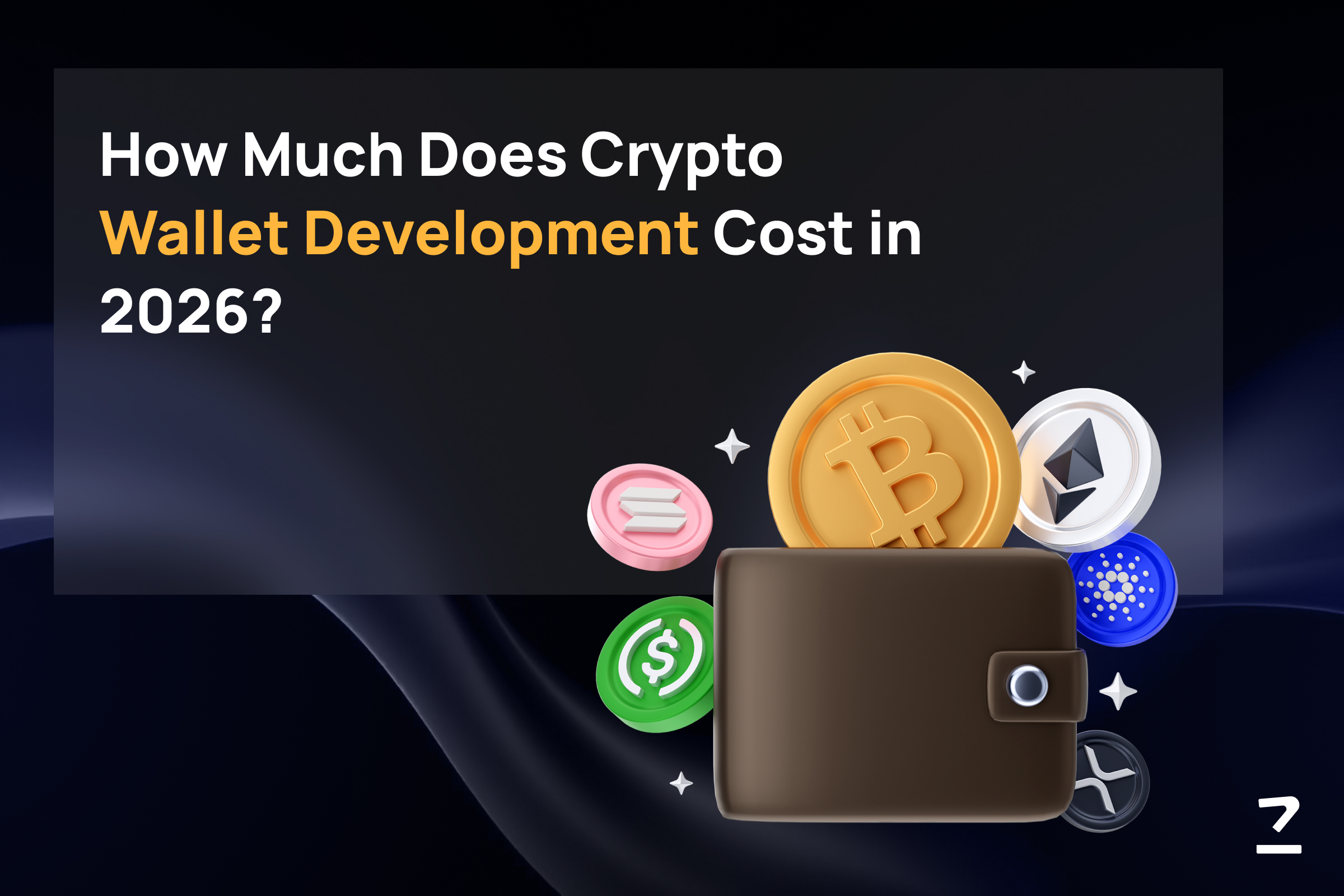SHARE THIS ARTICLE
Blockchain Solutions for Business: How Companies are Using Blockchain Today

Blockchain is a breakthrough technology that is spreading innovation across the entire industry. Many MNCs are researching and implementing this technology in every department. Fortune 500, for example, is exploring blockchain technology in fields like retail, finance, airlines, and automobiles for possible benefits in business operations and security. Here is the list that represents some of the public leaders in enterprise blockchain R&D, innovation, and investment.
Retail
High transaction costs constrain the market. That’s basic economics in the sense that increase in price for good or service decreases the demand for the good or service. Let’s compare mobile payment in the US vs. China: according to Hillhouse Capital, in partnership with Kleiner Perkins, WeChat or AliPay transaction costs less than 50 basis points, while a US credit card transaction costs over 200 basis points. But, in 2016, the mobile payment market in China reached $5 trillion whereas the US reached $112 billion. One of the reasons behind the emergence of enterprise blockchain solution and cryptocurrencies is that they offer an opportunity to bypass “expensive” forms of payment and keep the transactions comparatively cheaper.
Aviation
In Spring 2017, Airbus which is a part of Hyperledger consortium conducted a PoC with Blockchain at Berkeley for jet plane parts tracking. Later in 2017, KLM began working with a consultancy in Amsterdam called Kryha to develop blockchain-based prototypes. Moreover, Lufthansa is testing a blockchain technology consumer solution based travel app for users with Winding Tree, and Air France is thinking about distributed ledger technology for its supply chain and tracking workflows within aircraft maintenance systems. For some of these projects, there’s a long way until production readiness. At Air France, their practice of using paper-based records and processes is hampering the effort to digitize the supply chain and aviation data on a blockchain.
Financial Services
The enterprise blockchain development activities started a few years back in financial services, and it is advancing ever since through managed PoCs, tests, and pilots. In May 2016, MasterCard applied for a patent for faster blockchain-based payment processing for merchants. Further, in March 2017, it asked for a patent for blockchain-based storage of payment histories between customers and vendors.
Automobiles
In 2017, blockchain solution companies – Renault and Volkswagen Financial Services led PoCs in testing vehicle telematics tracking. In the use case, the vehicle’s engine usage history, mileage data, repair and maintenance history, and other information can be collected on the blockchain so that the dealers, manufacturers, insurance companies, buyers, and other participants know the vehicle’s activity and history with accuracy. This use case is handy because approximately one-third of used car sales in Germany have manipulated odometers.
Similarly, Toyota Research Institute also led a PoC for a blockchain-based decentralized exchange for the sale and purchase of autonomous vehicle driving data. This use case is helpful to automakers and car owners. Automakers purchase driving data from the car owners and utilize it in their autonomous vehicle machine learning algorithms, and the car owners can use the proceeds for offsetting costs of car ownership, and to pay for vehicle-related expenses.
Hence, the implementation of blockchain solutions for businesses will enable integrity and data robustness and allow for the disintermediation of third parties and intermediaries from processes and databases.
Post Author

Vivek is a passionate writer and technology enthusiast with expertise in blockchain development. As the lead writer for Codezeros, he aims to educate and inform readers about the potential of blockchain technology and simplify complex concepts to present them in an engaging manner for both technical and non-technical readers.



